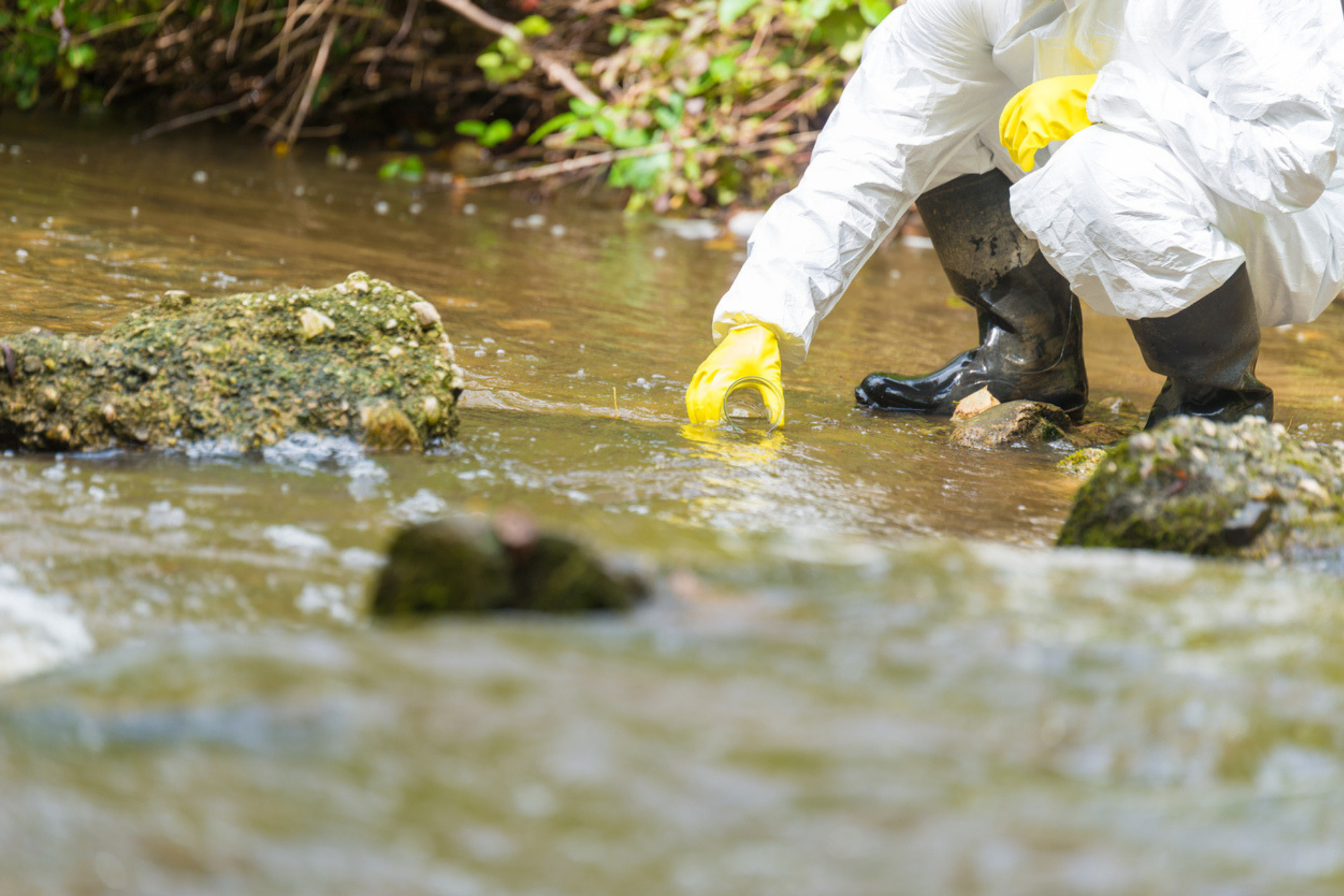In a previous blog post, we posed a few important questions to set the stage for an internal investigation of an environmental release incident. Now, we’ll cover some key considerations in preparing for, performing, and concluding such an investigation.
There are a number of ways to perform internal investigations for environmental releases and related incidents. How a company proceeds will depend on the type of incident or allegation, the company’s internal policies on investigations (if any), the purpose of the investigation, the anticipated end-use of the investigation findings, and the level of experience the company, its employees, and its counsel have with performing internal investigations for environmental incidents. After resolving the questions posed in the previous blog post, you should be ready to move forward with the following tasks:
1. Prepare a written investigation plan. The plan will include a summary of the incident being investigated, the purposes of the investigation, the identity of who is managing and directing the investigation and other members of the investigation team, the components of the investigation (such as employee interviews, records review, and technical testing), the timeline of the investigation, and how the findings will be reported. This plan will likely need to be approved by the control group at the company to whom the findings will be reported. Be prepared to make updates to the plan during the investigation if necessary.
2. Have a kickoff meeting with the investigation team to discuss the investigation plan, address issues of privilege, and make decisions regarding the schedule and path forward. Periodic team meetings may be beneficial during the course of the investigation as well.
3. Master the available facts and data at the outset of the investigation. Often, the investigation team will conduct a preliminary inquiry to identify sources of information and any potential witnesses the team will want to interview. Similar to preparing for a deposition, the investigation team may want to develop an interview outline addressing the most important issues, questions, and documents to review with witnesses in addition to allowing free-form discussions about the incident.
4. Prior to witness interviews by counsel, determine if the “Upjohn warning” will be provided to employees. Among other things, the warning language makes clear that counsel is representing the company and not the individual employees and that the company holds, and can waive, the attorney-client privilege. Also consider whether it is appropriate to retain “pool counsel” for employees being interviewed. Pool counsel attends the investigatory interviews, answers employees’ questions about the process, and identifies circumstances where an employee may need to retain separate counsel based on his or her involvement in the incident.
5. Determine how the investigation findings will be memorialized and reported. This will be highly dependent on the type and purpose of the internal investigation. A report for a non-privileged investigation done at the company’s own volition or required by a regulation or governmental order will often be available to the public. This type of written report will typically include detailed factual analysis and conclusions concerning the cause of the incident along with remedial measures being performed or considered to prevent reoccurrence.
A privileged investigation report performed primarily for the purpose of providing legal advice to the company would typically only be provided to the company’s control group. The report may contain legal analysis, address liability issues, and address other sensitive issues surrounding the incident. This information may be provided in a written report, but there is also a trend to provide privileged investigation findings to the control group orally instead, depending on the nature of the investigation.
A properly performed internal investigation can help businesses mitigate the negative consequences of an environmental incident or allegation of wrongdoing as well as prevent reoccurrence. It should be no surprise that many sophisticated business entities require internal investigations when an incident or allegation with environmental implications arises, even if not mandated by law or agency order.
Internal investigations, however, are often urgent, sensitive, and distressing for the affected company and its employees. Experienced counsel can help address these concerns through a properly managed investigation which seeks the truth while being cognizant of the practical and legal issues involved.














